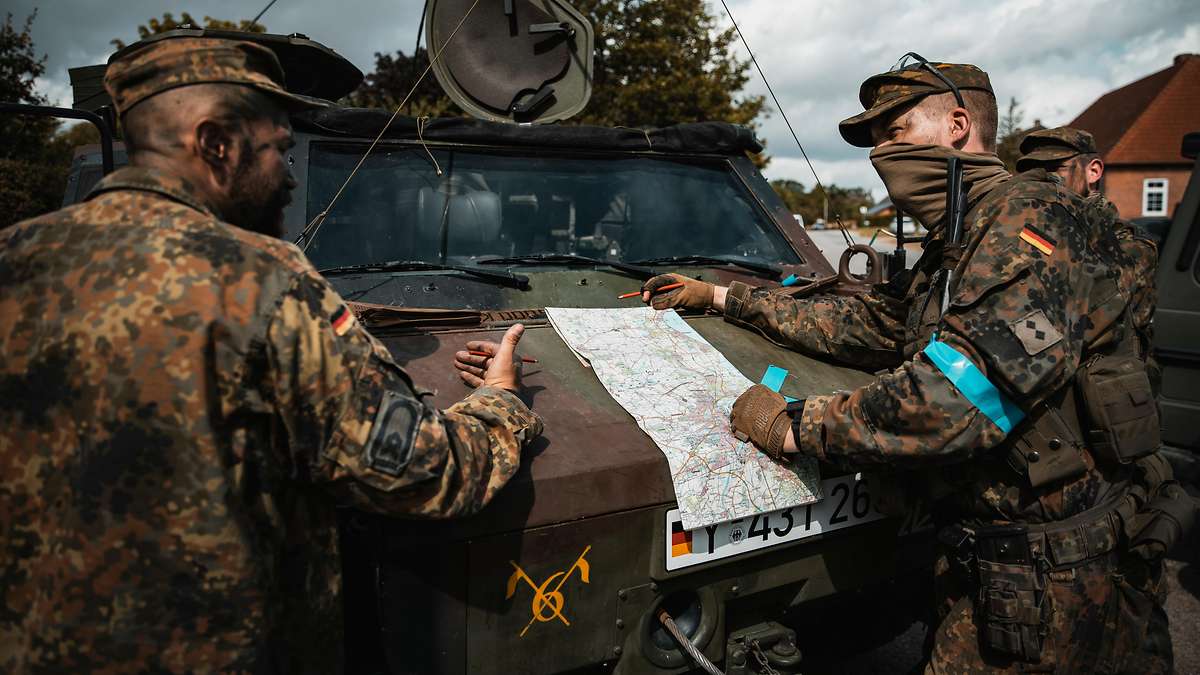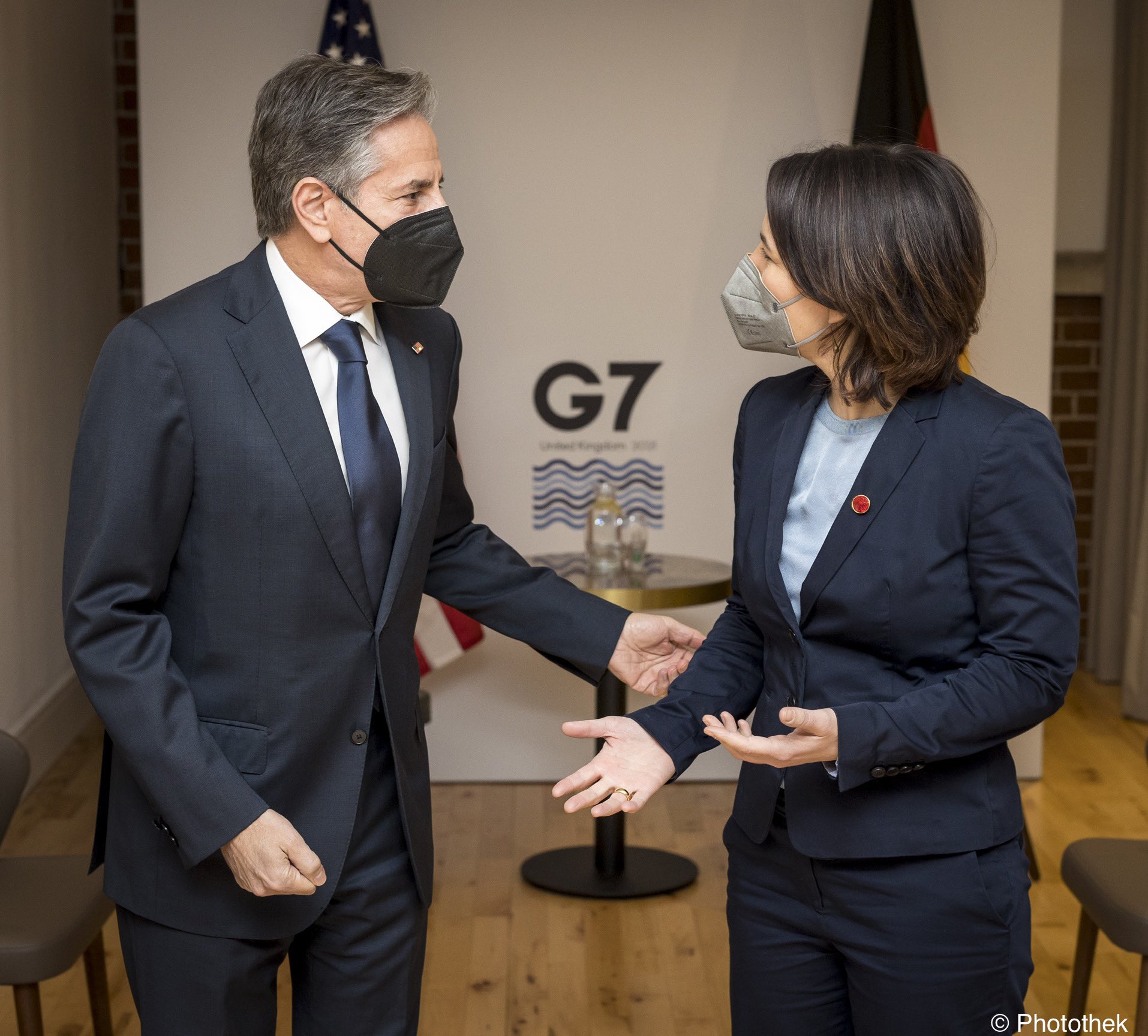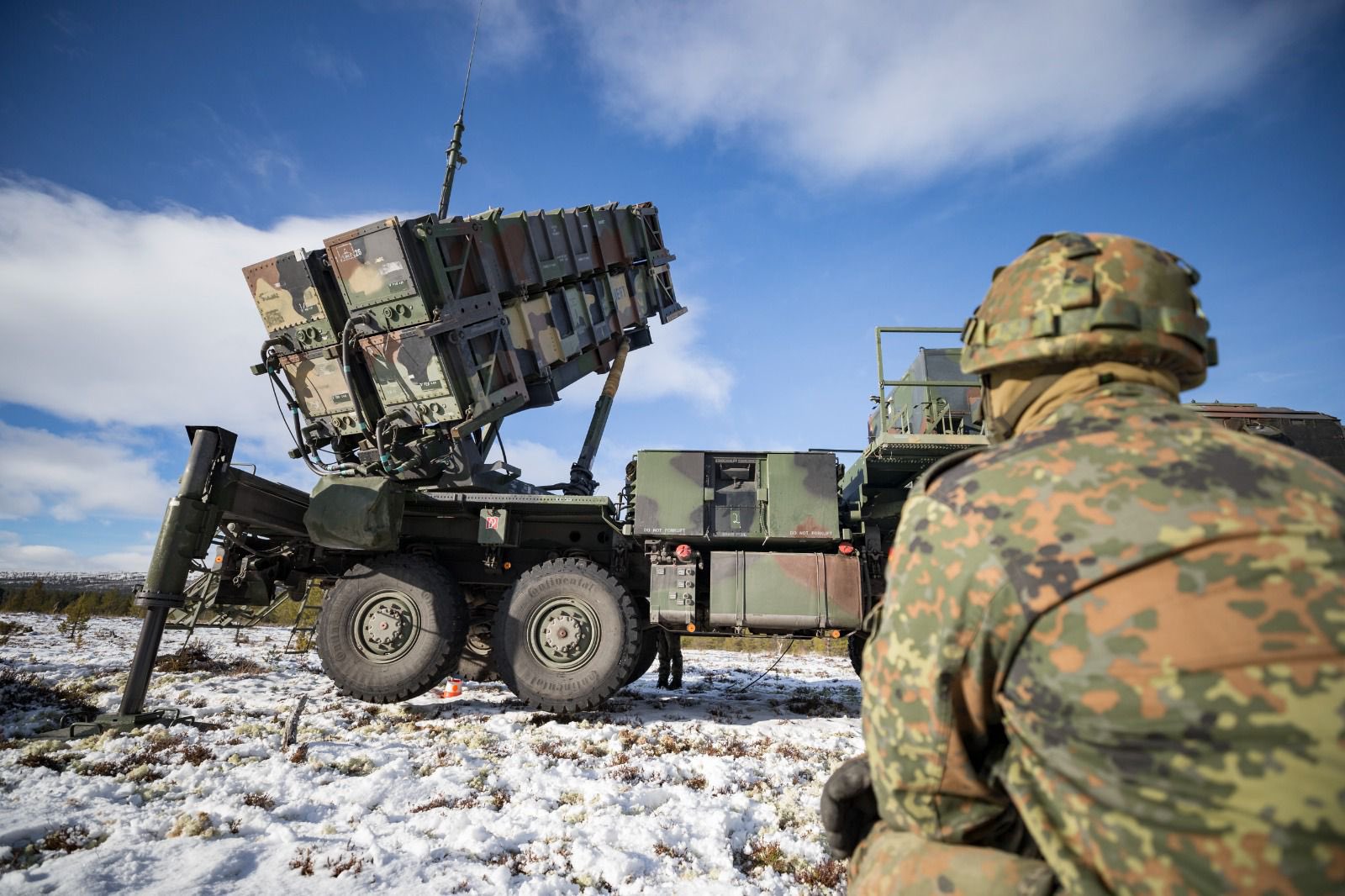By Amb. Gurjit Singh
Germany’s new national security strategy is on the anvil. It took Japan about a decade of Chinese aggression in the East and South China Seas to budge itself and begin rewriting its national security strategy.
Germany remained more pacifist, and underprepared in security terms. Its view remained that diplomacy, economic strength, development cooperation, and climate neutrality would allow it to play a role, which would see the development of a new order.
It engaged Russia and China with gusto despite the systemic rivalry. Russian aggression in Ukraine awoke the sleepy German defense establishment. As soon as Russia entered Ukraine, the reaction from Germany was different from that of 2014 when Crimea was annexed.
Germany’s New Security Policy
Several policy adjustments began in Germany. Significant among these is a decision to provide Euro100 billion (about $110 billion) in a modernization fund for Germany’s defense preparedness.
The second is to write into the Constitution an enhancement of German defense spending of up to 2% of GDP. The third is to create a national security strategy.

Foreign Minister Annalena Baerbock who represents the Green Party in the traffic light coalition will take the plan to Parliament. She based the new national security strategy on the principles of protecting freedom and people’s livelihoods.
She emphasized that Germany’s security policy would be more than defense preparedness supporting diplomacy. She could have actually said that the traditional diplomacy plus development plus climate would now have a large dollop of defense spending attached to it.
Besides Germany’s own enhancement, of defense expenditure and commitment, the new policy is looking for collaborating with international partners. In principle, the traffic light coalition is committed to enhancing the EU’s Common Foreign and Security Policy with the nuance that it would be separate from NATO.
Germany will draw up a National Security Strategy. Read the full text of Foreign Minister @ABaerbock’s speech in Berlin yesterday on why this strategy is needed, what it will entail and why we need to be guided by a moral compass.
?https://t.co/iuBlwog7fr pic.twitter.com/drm5dvpBPQ
— Germany at NATO (@GermanyNATO) March 19, 2022
Now, Baerbock believes that in order to acquire a “stronger ability to act, and sharper tools for foreign and security policy”, Germany would host a special responsibility emanating from its historical evolution and residual guilt for its actions in WW II.
The German preference of standing by those whose freedom and personal rights were at stake would continue, but would now acquire a stronger defense component. While developing the new policy, Germany is clear that it alone cannot shoulder the burden of European defense.

Greater Synergy Between NATO & EU
Germany’s new policy will be based on collective defense efforts of NATO with greater complementarity among the EU and NATO. Baerbock was clear in her address to Parliament that NATO’s presence in former Soviet Bloc countries in Eastern Europe is not enough to alleviate threat perceptions.
Therefore, EU forces and NATO need to have more cohesive exercises and commonality of defense strategy to deal with better perceived harsh realities. The threats require an enlarged NATO presence in Eastern European countries. Germany is expected to contribute to this, particularly by raising the levels of its presence in Slovakia.
The new security strategy, much like Japan’s, has a futuristic angle and looks at investing in cybersecurity because cyber-attacks are now a part of modern warfare. Energy Policy, which is playing a key strategic role in Germany and Europe’s adherence to Russia despite the problems in Ukraine would also be rebooted possibly through an EU-wide policy.

When Crimea was annexed in 2014, energy partnership with Russia was debated in the EU. Though the policy continued, today the challenge to the values that Germany and Europe promote is too high to justify the energy partnership as it were.
Being of the Green Party, Baerbock found it easy to say that a movement away from fossil to renewable energy remained the goal. If such a goal succeeded it would contribute to a new national security strategy. She links this to climate diplomacy, which is the pet project of the Greens who wish to make it an integral part of the new National Security Strategy.

This is the water jump in the national security strategy. Evidently, the Greens do not want to give up. They’re committed to ideals of climate neutrality, renewable energy, and the like. Now they make major adjustments and accept larger defense expenditure and a robust defense posture.
This also goes against the grain of the third traffic light partner, the Free Democrats. They were adamant at the time of the coalition compact, that public debt will not be increased. That held Germany back from committing to the NATO demand for spending higher amounts on defense.
Today, the war in Ukraine has made this necessary and the FDP has gone along with the leadership of Chancellor Scholz to announce massive increases in defense expenditure, How the books will be balanced to FDPs satisfaction without raising taxes or deducting expenditure from other commitments remains to be seen.
Germany To Buy US F-35 Jets
Just as Japan often assuages the US by not developing its own modern weapons but buying them from the United States, Germany also is now going to buy US F-35 stealth fighters for its air force, rather than enhance the purchase of the Eurofighter, which is the European alternative, albeit not as modern.
Significantly, Baerbock said that while enhancing their national security strategy they would continue to look for international partners.
As part of the announcement, Berlin said that they would also now develop a new China strategy, either as part of or parallel to the new National Security Strategy. This is based on their assessment that the Belt and Road Initiative (BRI), instead of stabilizing countries in Africa, has created instability in their economies.
This is linked to an enlargement of the Compact for Africa with Germany launched when it hosted the G 20, in 2017, and part of the EU-Africa Global Gateway Investment Package.

The popular support for this U-turn in German policy seems positive. In a poll on March 2, 53% of Germans supported the tough response; 27% thought, it does not go far enough. Only 14% were critical and said it does too much. In February, 20% supported military aid to Ukraine in the current crisis.
In March, it rapidly increased to 61%; 45% feel Berlin’s about-turn came too late. The increase in defense expenditure was earlier resisted by the SPD as a junior coalition partner of the CDU but now SPD leads it. 85% of CDU, 82% of SPD supporters, and 68% of Greens now support the extra defense budget.
These have increased by nearly a quarter each after the Russian intervention. The FDP had the support of 45% but added 38% new support to attain 83% backing for extra defense budgets. 83% of Germans in the Infratest poll now support NATO objectives.
The strong response by Chancellor Scholz was perhaps unexpected as he was a mild, consensus builder. He has shown resolute leadership in giving Germany a major strategic U-turn and has strengthened his support base. Now we will see how these changes are implemented or slowed down if the crisis diminishes.
(The author is the former Ambassador to Germany, Indonesia, Ethiopia, ASEAN and the African Union. He is the Chair, CII Task Force on Trilateral Cooperation in Africa, and a Professor, IIT Indore.)




